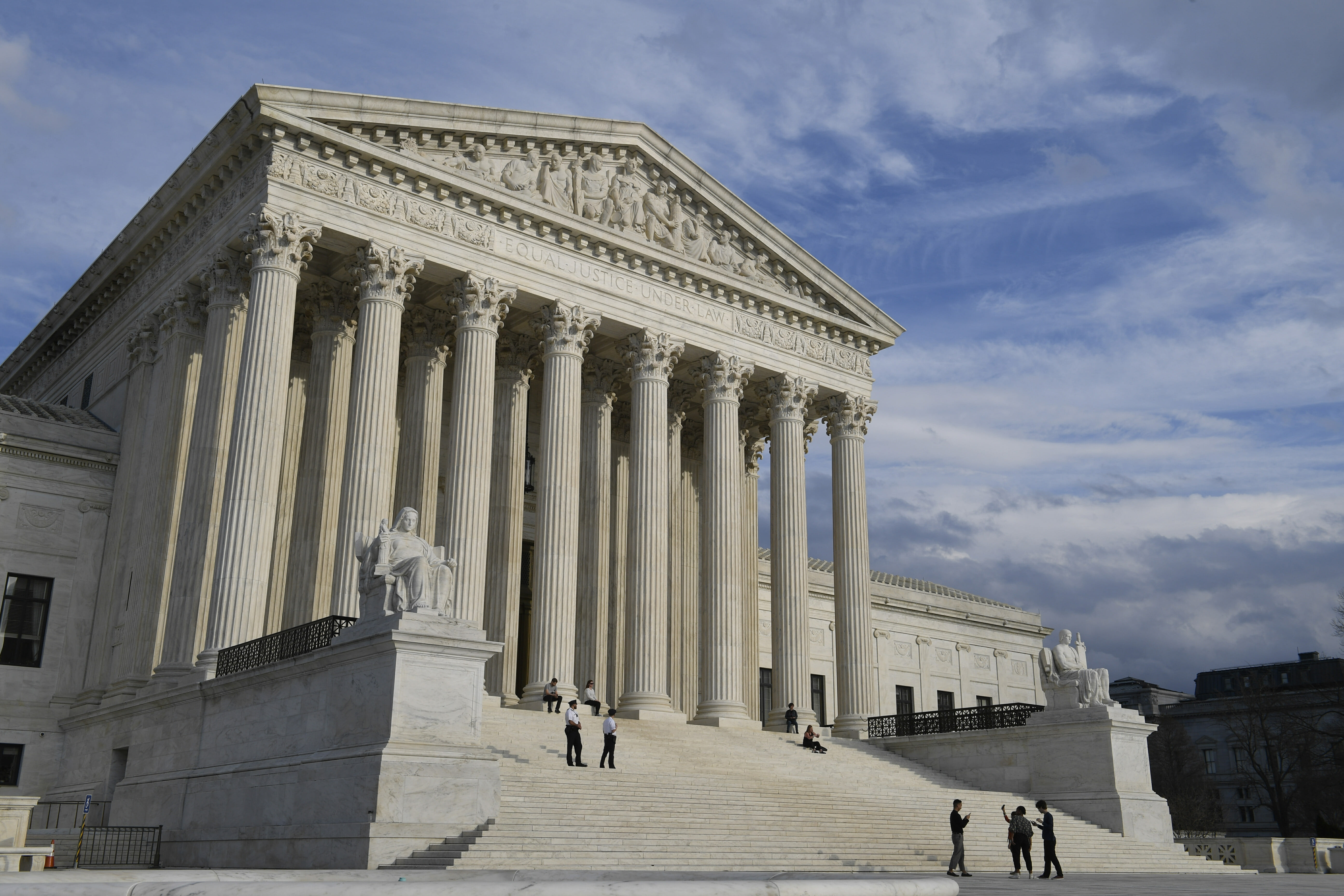
High court seems likely to rule against Calif. oil workers
WASHINGTON (AP) — The Supreme Court on Tuesday seemed inclined to rule against workers on oil drilling platforms off California who want to be paid for the off-work time they spend on the platform, including sleeping.
The question for the high court has to do with the law that should apply in the case: federal law, which wouldn’t require drilling platform workers to be paid for non-working time spent at their work location, or the more generous California law, which would. The case is relevant to workers on approximately two dozen oil platforms off California’s coast.
But both conservative and liberal justices seemed doubtful California law applies.
Justice Samuel Alito said that the workers’ position “means that California then extends 200 miles out to sea.” And Justice Ruth Bader Ginsburg noted at one point that “a state is not sovereign” over the area where the oil platforms at issue are.
The case before the Supreme Court involves Brian Newton, who worked on drilling platforms off California’s coast near Santa Barbara from 2013 to 2015. Like others living and working on the platform, he worked 14-day shifts, spending 12 hours on duty and 12 hours off duty but on call — what his lawyers call “controlled standby.” Other workers had the opposite schedule, allowing the platforms to operate 24 hours a day.
In 2015, Newton filed a class action lawsuit arguing that his former employer, Parker Drilling, was violating California law by, among other things, failing to pay workers for the time they spent on controlled standby, including the time they spent sleeping.
To figure out if that’s right, the justices have to deal with a 1953 law called the Outer Continental Shelf Lands Act. It says federal law applies in the waters where the oil drilling platform in the case stands. But the law also says that the laws of the adjacent state, California, apply as long as they are “applicable and not inconsistent” with the act.
Parker Drilling says California law only applies if there’s a “gap” in federal law, and it says there’s no gap in this case because federal minimum wage and overtime law applies. The U.S. government agrees. But Newton argues that California law is “applicable,” and not incompatible with federal labor law. He notes that federal law anticipates that some states will have more generous labor laws.
A trial court ruled for Parker Drilling, but the U.S. Court of Appeals for the 9th Circuit sided with Newton. The Supreme Court is expected to rule by the end of June.
The case is 18-389, Parker Drilling Mgmt. Services v. Newton.
___
Follow Jessica Gresko on Twitter at http://twitter.com/jessicagresko
The Western Journal has not reviewed this Associated Press story prior to publication. Therefore, it may contain editorial bias or may in some other way not meet our normal editorial standards. It is provided to our readers as a service from The Western Journal.
Truth and Accuracy
We are committed to truth and accuracy in all of our journalism. Read our editorial standards.
Advertise with The Western Journal and reach millions of highly engaged readers, while supporting our work. Advertise Today.












